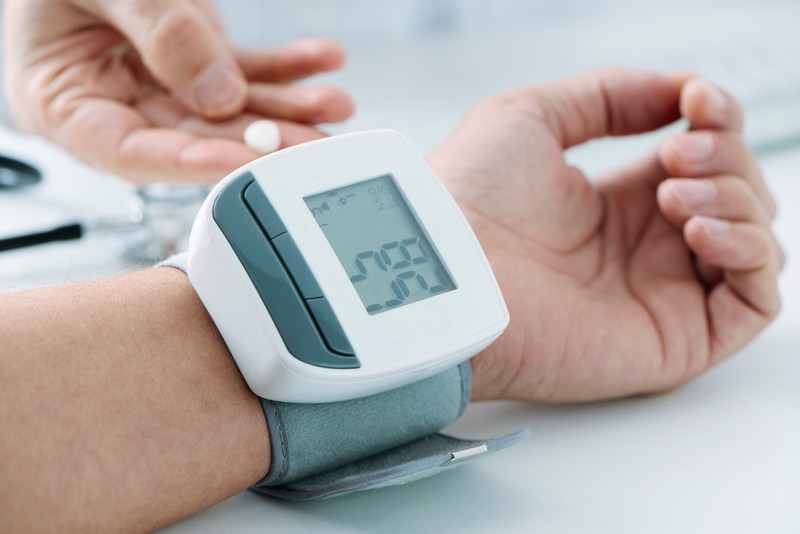Low blood pressure is a health factor often overlooked, given the widely known concerns surrounding high blood pressure. Here, we take a look at the ramifications of low blood pressure, and discuss some natural supplements that can help improve it.
The Implications of Low Blood Pressure
Low blood pressure, medically deemed hypotension, is a condition wherein a person’s blood pressure is lower than normal. Blood pressure is the measure of the force of blood against artery walls, as the heart pumps blood throughout the body. A normal blood pressure is 120/80 mm Hg or lower (systolic/diastolic millimeters of mercury), while clinically low blood pressure is 90/60 mm Hg or less.
In a minority of cases, some individuals have low blood pressure with no resulting complications. However, low blood pressure is problematic when it leads to a lack of sufficient oxygen being dispersed throughout the body. Chronically low blood pressure is dangerous; it can cause symptoms such as dizziness, fainting, fatigue, neck or back pain, headache, blurred vision, and heart palpitations. You should see a doctor if you experience these symptoms.
There are a range of different causes of hypotension. Prolonged bed rest can lead to hypotension, as can depression, dehydration, and pregnancy. Other causes include endocrine issues (e.g., hypothyroidism), low blood sugar levels or diabetes, and heart issues (e.g., bradycardia a.k.a. low heart rate). Neurally mediated syncope is a condition wherein blood pressure drops after long periods of standing, and can cause dizziness and fainting. Low blood pressure can also occur from a nutrient deficiency.
Natural Supplements for Low Blood Pressure
Some nutrients and herbs can support the body in ways that support healthy blood pressure. Here are some natural supplements which have the potential to help elevate blood pressure levels that are too low:
Holy basil is an herb which contains vitamin C, potassium, and magnesium. These and other substances in holy basil can help mitigate hypotension, and raise blood pressure to a healthy level. Another natural substance in holy basil is eugenol, an antioxidant which can improve blood pressure and also reduce blood cholesterol levels. Holy basil is often found in a complex supplement, alongside other herbs designed for supporting vascular health.
Licorice root is another herb which could raise too-low blood pressure. It has been taken for centuries for this purpose. The active ingredient in licorice root is a compound called glycyrrhizin. A licorice root supplement is an easy, attainable way to consume this helpful herb.
Vitamin B12 deficiency is linked to hypotension. This goes for even a slight deficiency. Studies show that for those who experience low blood pressure due to B12 deficiency, supplementing with B12 is a worthwhile way to help remedy the issue.
Cinnamon has been shown to help regulate blood pressure when it goes too low (or too high). Cinnamon contains valuable minerals including potassium, magnesium, and others. A cinnamon supplement is an ideal way to take in concentrated amounts of cinnamon.
Vitamin D deficiency is linked to orthostatic hypotension. Orthostatic hypotension is that which occurs when you stand up after sitting or lying down for a long time. Supplementing with vitamin D can make up for this deficiency, and help remedy hypotension caused by vitamin D deficiency. This benefit is especially prominent in older women.
If you or a family member are diagnosed with hypotension, then you should carefully consider these natural herb and nutrient supplements. One or more of these could be of great help in raising blood pressure to a healthy level. It is highly recommended that you talk to your healthcare provider first, as some of these can interact with some prescription medications.

